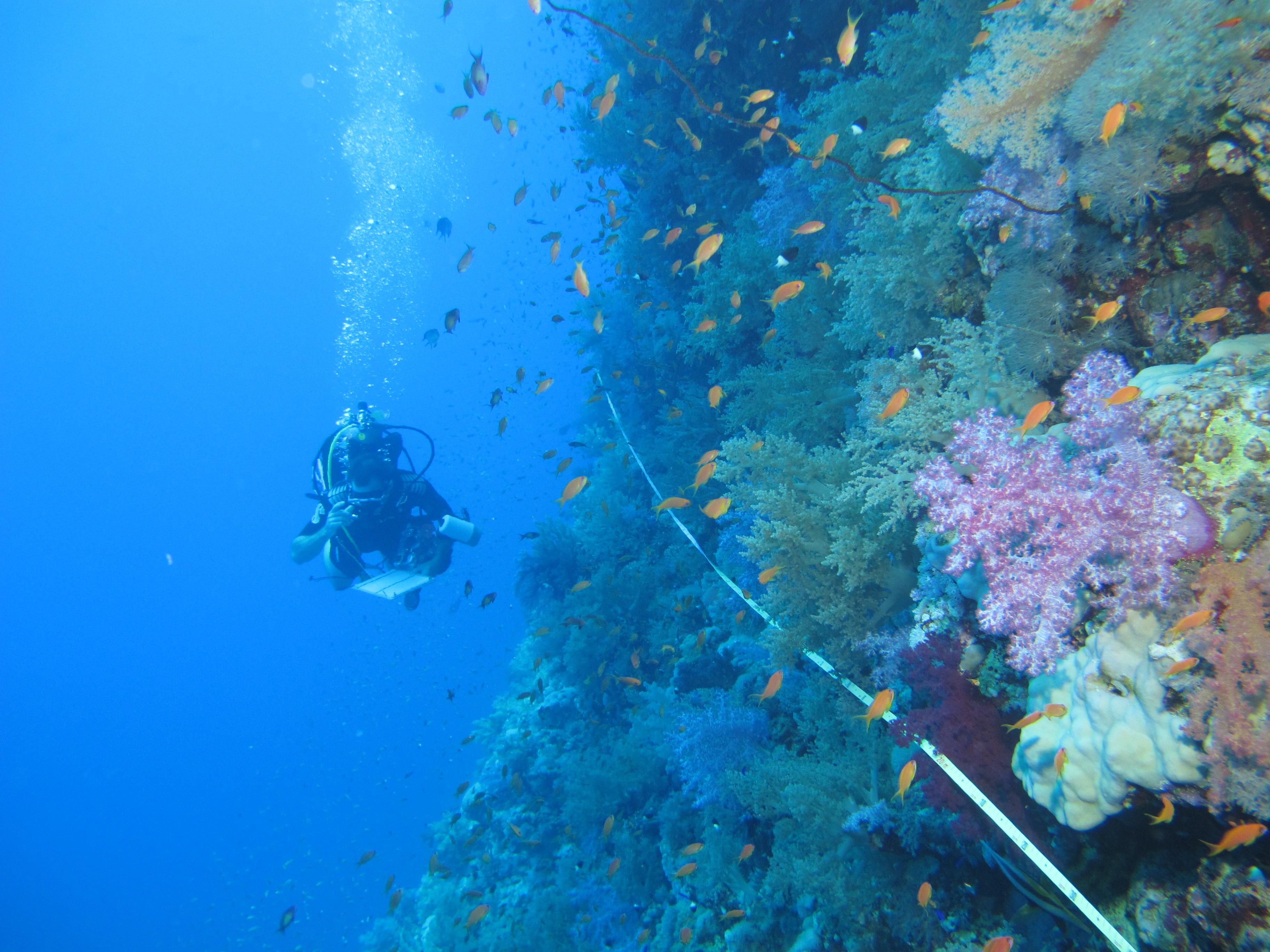
A new study by University of Tasmania researchers and international collaborators has found that a key element of future changes in the distribution of marine biodiversity resulting from ocean warming is not as closely related to local warming rates as previously assumed.
Published today in the prestigious international journal Nature, the research shows that the proportion of fish and invertebrate species expected to disappear from temperate and coral reefs at particular locations under future ocean climates is instead most dependent on where else those species live.
The most vulnerable locations are those where species are currently living close to their maximum sea temperatures, whereas many locations support species currently found in much warmer seas.
For example, South-Eastern Australia is warming rapidly and gaining species from warmer coasts, but a large proportion of the shallow water species that live in this region also live in warmer climates and so are unlikely to suffer (in this area) from further warming.
Conversely, the already warm tropics are warming further but with no species habituated to an even warmer environment they are likely to suffer a net loss of species.
This is the third Nature paper to come
from researchers at IMAS based on the
dataset collected by the Reef Life Survey (RLS) program – an international
citizen science initiative which trains and supports recreational SCUBA divers
to help collect detailed scientific information on marine biodiversity.
Lead author Dr Rick Stuart-Smith said "Studies like this are just impossible without the help of committed and skilled citizen scientists. Collecting data from over 7,000 underwater surveys around the world would be well beyond the scope of a small team of scientists and is more aligned with the achievements of multi-million dollar international programs involving dozens of researchers working for a common cause over a decade".
Dr Rick Stuart-Smith conducting a marine survey (Photo: Jemima Stuart-Smith)
Prof Graham Edgar, study author and founder of Reef Life Survey, highlighted the scientific value of the RLS dataset and said it was "The most comprehensive quantitative dataset on inshore marine biodiversity now available. As well as providing opportunities for discovery like in this study, it allows testing of long-standing hypotheses about the origins and changes in global patterns in marine biodiversity".
This study forms part of the larger research program of the Australian Government funded Marine Biodiversity Hub, led by Prof Nic Bax at the University of Tasmania and recently re-funded under the National Environmental Science Programme.
Prof Bax said "One of the goals of the Marine Biodiversity Hub is to provide the information that will help us better understand threats and opportunities for the conservation and sustainable use of Australia's marine biodiversity. It is only through programs like Reef Life Survey that we are starting to get a perspective on the state of the marine environment nationally."